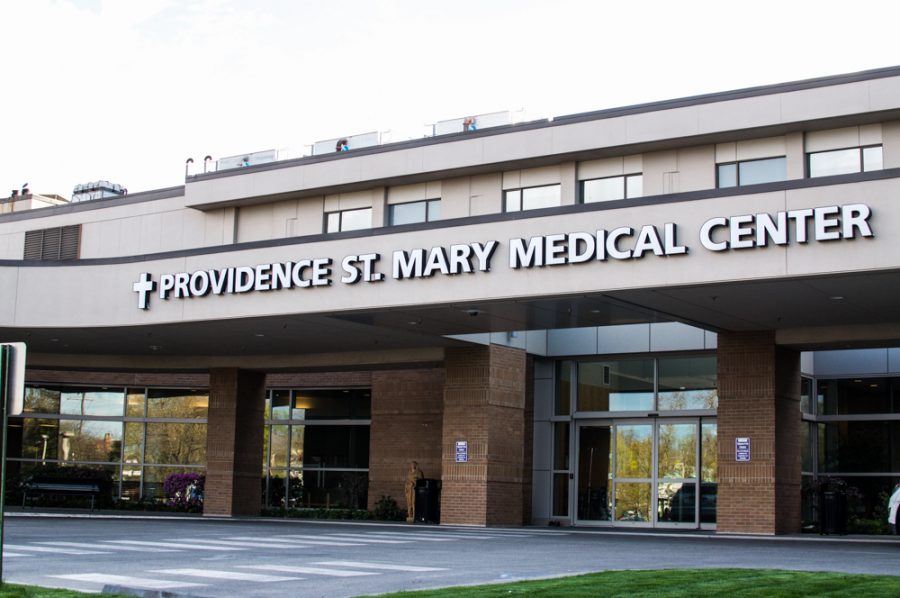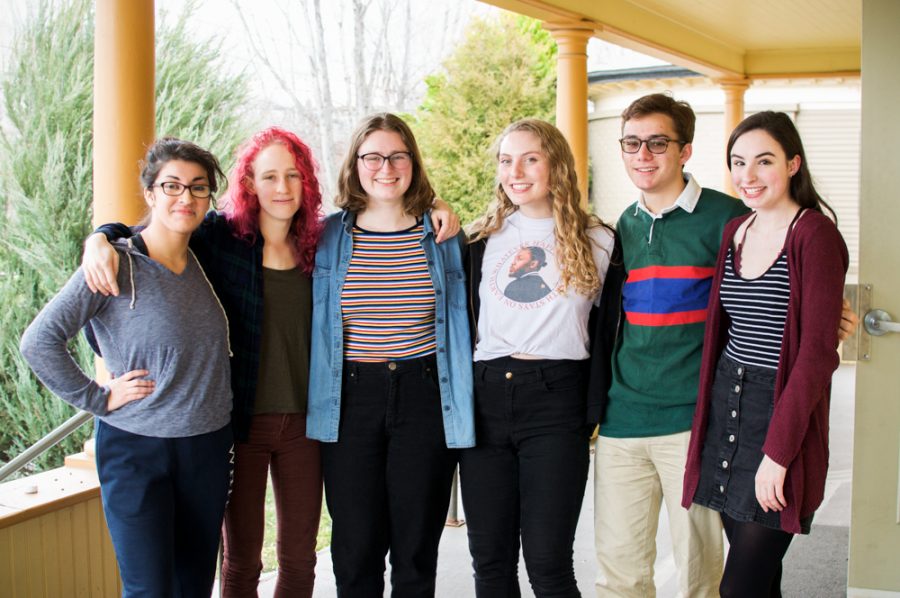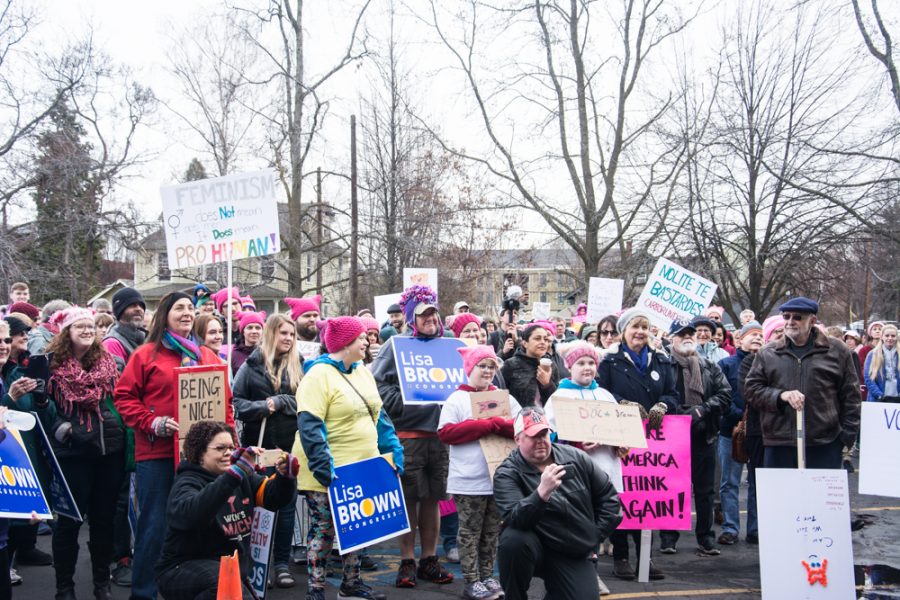As seniors approach their last few months of college, one big question looms before them: “What’s next?” Many join the workforce right out of the gate, and some go on to post-graduate education. A few graduating seniors go another route, electing to work short-term with nonprofit organizations. One such nonprofit, AmeriCorps, offers a number of programs for just that purpose. Those programs include an education initiative called City Year.
City Year, a program focused on helping underprivileged students, works in 25 cities across the country. It employs recent college graduates as well as a few recent high school graduates who give a year to serve the goals of the program. Those corps members work as teaching assistants and tutors in all fields of study at schools with high dropout rates.
Senior Riley Hernandez plans to apply to City Year for the next deadline on April 30. He’s interested in pursuing education as a career, so the work makes sense for him.
“I’ve always been interested in education,” he said. “And working with underprivileged students has kind of been something I’m motivated to do.”
Whitman alumna Kelsey Kennedy ’12 worked with City Year during the 2012-2013 school year in Seattle as a tutor and mentor for middle school students.
“I knew I wanted to explore the nonprofit sector and public education in my first post-grad job,” she wrote in an e-mail. “I thought City Year would give me the opportunity to really get a feel for what it would be like to teach without putting me in charge of my own classroom, something I don’t think I was prepared to do at that point.”
City Year takes its applications online at various deadlines throughout the year. Applicants can choose the cities they wish to apply to or elect to serve where they are most needed. AmeriCorps sends the applications for this option to a national committee, which decides where qualified applicants would be best suited. Hernandez hopes to serve either in Seattle, Chicago or San Jose.
City year offers both a living stipend and a $5,550 educational award to be put toward student loans or continuing education. If he makes it in the program, Hernandez hopes to use it for graduate school. The program also has partnerships with a number of colleges and other organizations to lessen the costs of education for City Year alumni, which particularly drew Kennedy.
On a social level, however, Hernandez is a little concerned about City Year.
“I’ve heard pretty varied responses on City Year. Some students really enjoy it, and some students have just absolutely hated it,” he said. Those who disliked it seemed to have problems with co-workers rather than the program itself, though. “If you get stuck with someone with a poor work ethic, you’re going to be stuck … picking up their slack.”
Kennedy had no such complaints.
“I was amazed by how quickly I built really strong bonds with my teammates and relied on them for support throughout the year,” she wrote in an e-mail. “I think it’s rare to find a group of people who are similarly passionate about public service and social justice issues.”
Kennedy puts particular emphasis on City Year’s dramatic escape from the Whitman “bubble” while still retaining many of the school’s values.
“At Whitman I feel like I had the opportunity to study social justice issues in an academic context,” she wrote. “City Year allowed me to question privilege and equity in public education from a very practical standpoint and consider how I can advocate for education reform in the long-term. I would definitely [encourage] Whitman students to look into City Year as a post-graduation option.”+










